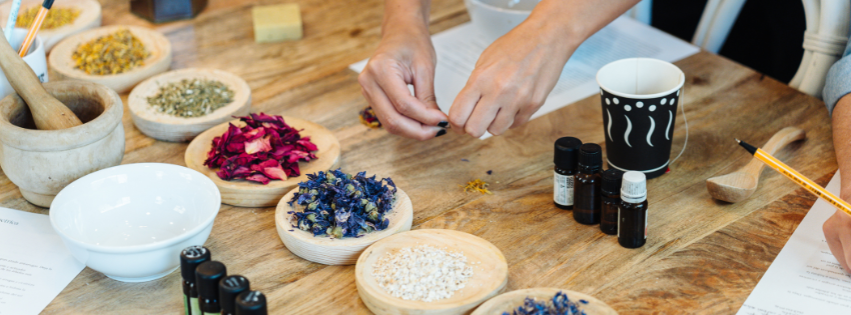DIY Skincare: Safe or Dangerous?
Rio Bondan Tissani
4/8/20251 min read


DIY (Do-It-Yourself) skincare is booming in popularity, especially among natural beauty enthusiasts and budget-conscious consumers. Many are crafting homemade masks, scrubs, toners, and even serums using kitchen staples like honey, lemon, oatmeal, or coconut oil. But the critical question remains: Is DIY skincare truly safe? Or could it secretly sabotage your skin?
Advantages of DIY Skincare
Natural & Minimal Chemicals
Free from synthetic preservatives, artificial fragrances, or harsh irritants.
Ideal for those pursuing clean beauty alternatives.
Budget-Friendly
Uses affordable, accessible ingredients (e.g., yogurt, aloe vera, olive oil).
Customizable for Skin Needs
Tailor recipes to your skin type (dry, oily, sensitive).
Risks and Dangers of DIY Skincare
Non-Sterile & Bacterial Contamination
Perishable ingredients (e.g., fruits, yogurt) breed bacteria if not used immediately.
Unsterilized containers may cause irritation or infections.
Uncontrolled pH Levels
Skin’s natural pH: ~5.5 (slightly acidic). Common DIY offenders:
Lemon juice (pH 2) → disrupts skin barrier
Baking soda (pH 9) → causes dryness/redness
Allergic Reactions & Irritation
Essential oils (tea tree, lavender): Require proper dilution to avoid burns.
Abrasive scrubs (salt/sugar): Create micro-tears, worsening sensitivity.
Questionable Effectiveness
Natural ≠ Better Absorption:
Example: DIY lemon "vitamin C" oxidizes fast; commercial serums use stabilized L-ascorbic acid.
No clinical testing: Unlike lab-formulated products with proven penetration tech.
Safety Tips for DIY Skincare
(For Enthusiasts Who Want to Experiment Wisely)
Use Proven-Safe Ingredients
Examples: Raw honey (antibacterial), colloidal oatmeal (soothing), fresh aloe vera (hydration).
Avoid Harsh Naturals
Skip: Undiluted lemon juice, vinegar, or baking soda—they disrupt your skin’s pH.
Discard After 1-2 Days
No preservatives = bacterial breeding ground. Label containers with expiry dates!
Always Patch Test
Apply behind your ear/wrist first. Wait 24h for reactions before full-face use.
Never Replace Medical Products
DIY can’t replicate (Sunscreen’s UV protection or Acne treatments’ clinical efficacy)
Stay Connected with Us
Our Contact
+62 812-6007-8968 ( Cika )
Copyright © 2025 SCK Corp. All rights reserved.
Nova Casa Square No.8 Jl. Raya Serpong km 58, Serpong, South Tangerang City, Banten 15310, Indonesia
Address
+62 878-8285-8808 ( Wulan )
